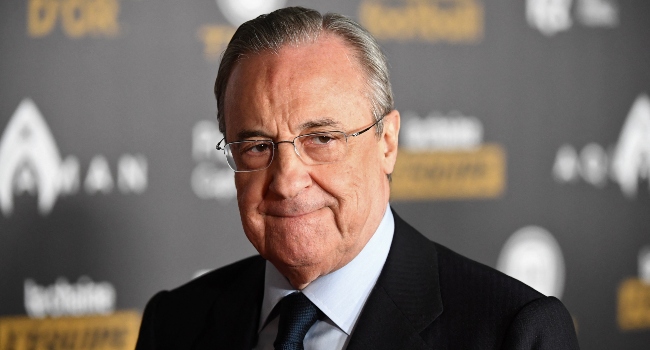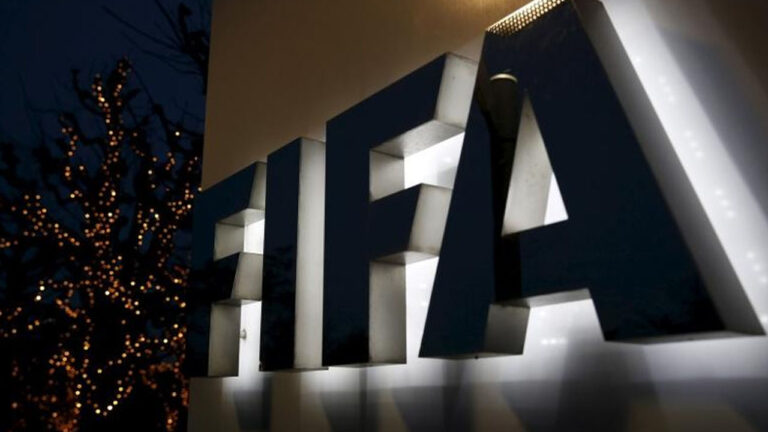A Spanish court declared Monday that FIFA and UEFA had “abused their dominant position” and “hindered free competition” by opposing the creation of a European Super League.
This decision echoed a previous ruling by the European Court of Justice (ECJ), which instructed both governing bodies to “cease anti-competitive practices.”
According to the court, FIFA and UEFA had imposed “unwarranted and excessive restrictions” on free competition within the market. This judgment stemmed from a case filed by the promoters of the Super League.
Real Madrid and Barcelona remained staunch supporters of the project, despite most other major European clubs abandoning it.
However, the extent of the court’s decision remains uncertain since it addresses regulations that have undergone significant revisions in the interim period.
The case was brought before the Madrid Commercial Court by A22 Sports Management, the promoters of the three-tier, 80-club project. The decision came after the Court of Justice of the European Union (ECJ) ruled in December 2023 that the Super League ban contravened European law. The ECJ found that UEFA lacked clear criteria for approving or disapproving new competitions.

Judge Sofia Gil Garcia, in her ruling on Monday, stated, “It is not permissible to impose a blanket prohibition or restriction, essentially prohibiting any future projects,” explaining that accepting otherwise would effectively ban any football competition project that competes with the current Champions League.
Spain was not among the 26 European countries that signed a joint declaration against projects like the Super League in February, emphasizing the importance of “open” competition.
Initially proposed in 2021 by twelve elite European clubs, including Real Madrid and Barcelona, the Super League project faced significant opposition and ultimately collapsed due to fierce objections from English clubs’ fans and warnings from UEFA and FIFA.
However, the project resurfaced this winter following the ECJ’s ruling that the powers of both bodies lacked transparency and objectivity.
UEFA has since rectified this “shortcoming” with new, more detailed regulations adopted in June 2022.
In response to the ECJ ruling, UEFA clarified that it did not imply approval or validation of the so-called Super League. La Liga chief Javier Tebas, a staunch opponent of the Super League project, remarked that the judgment was not final and did not introduce any significant new elements.


